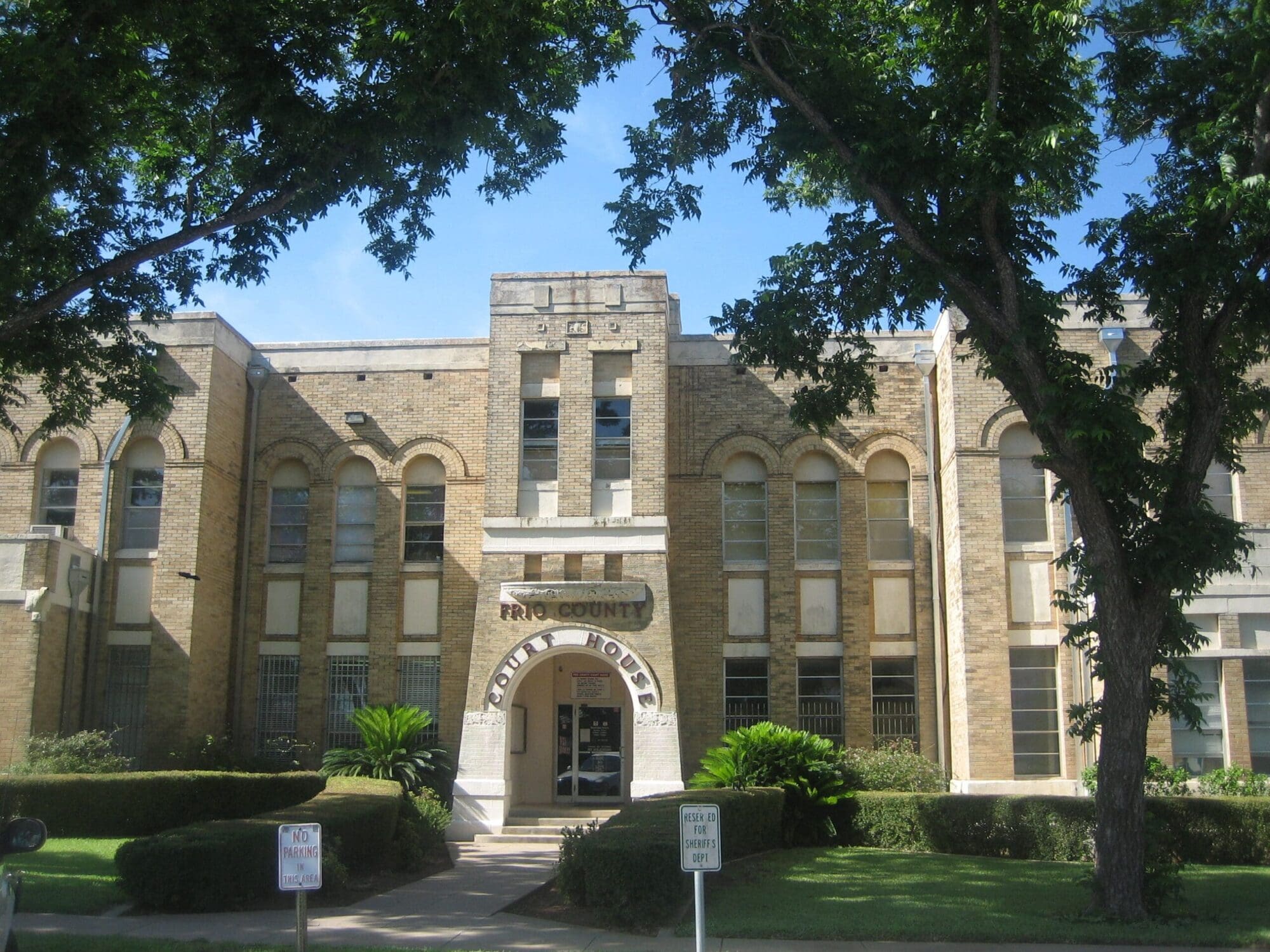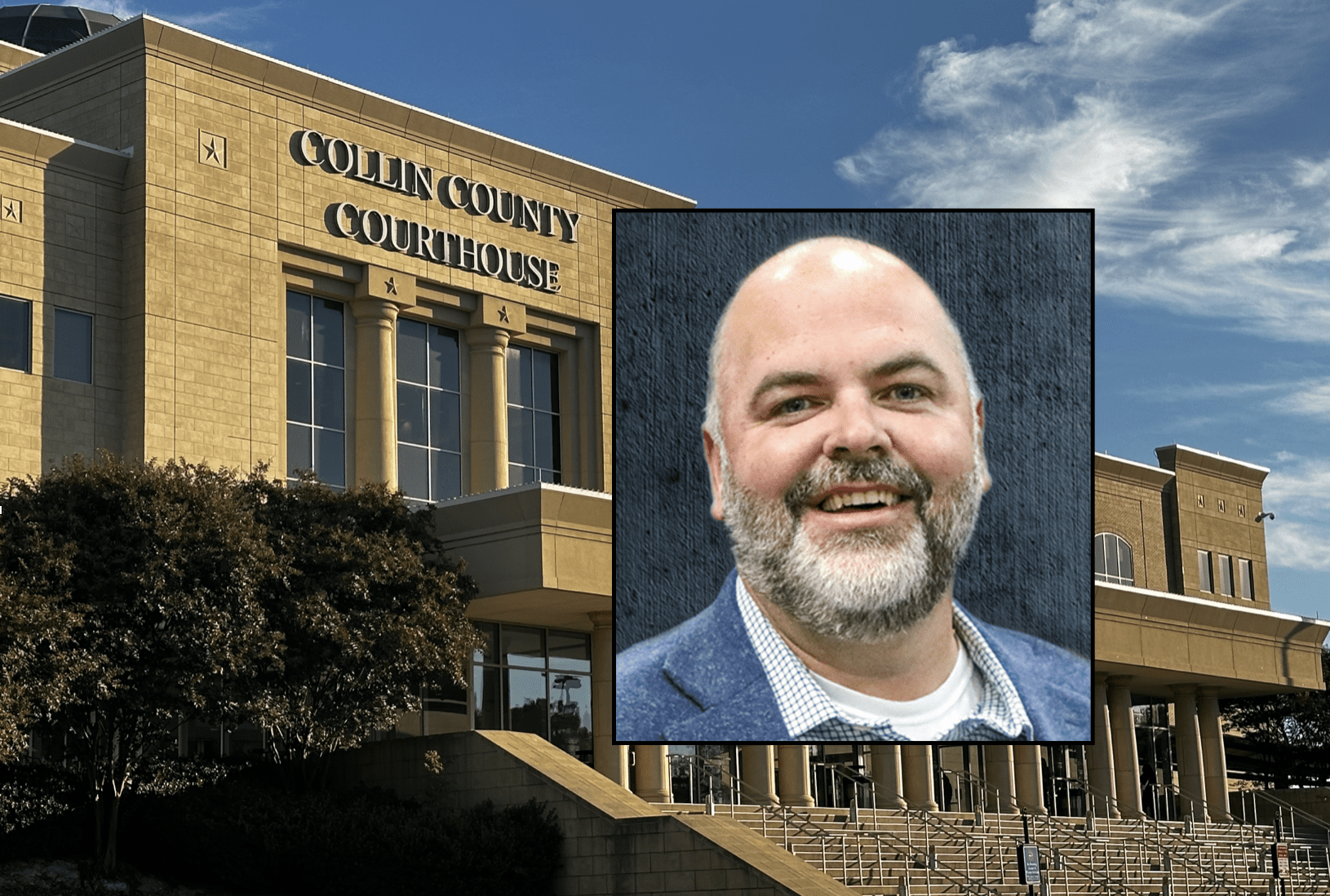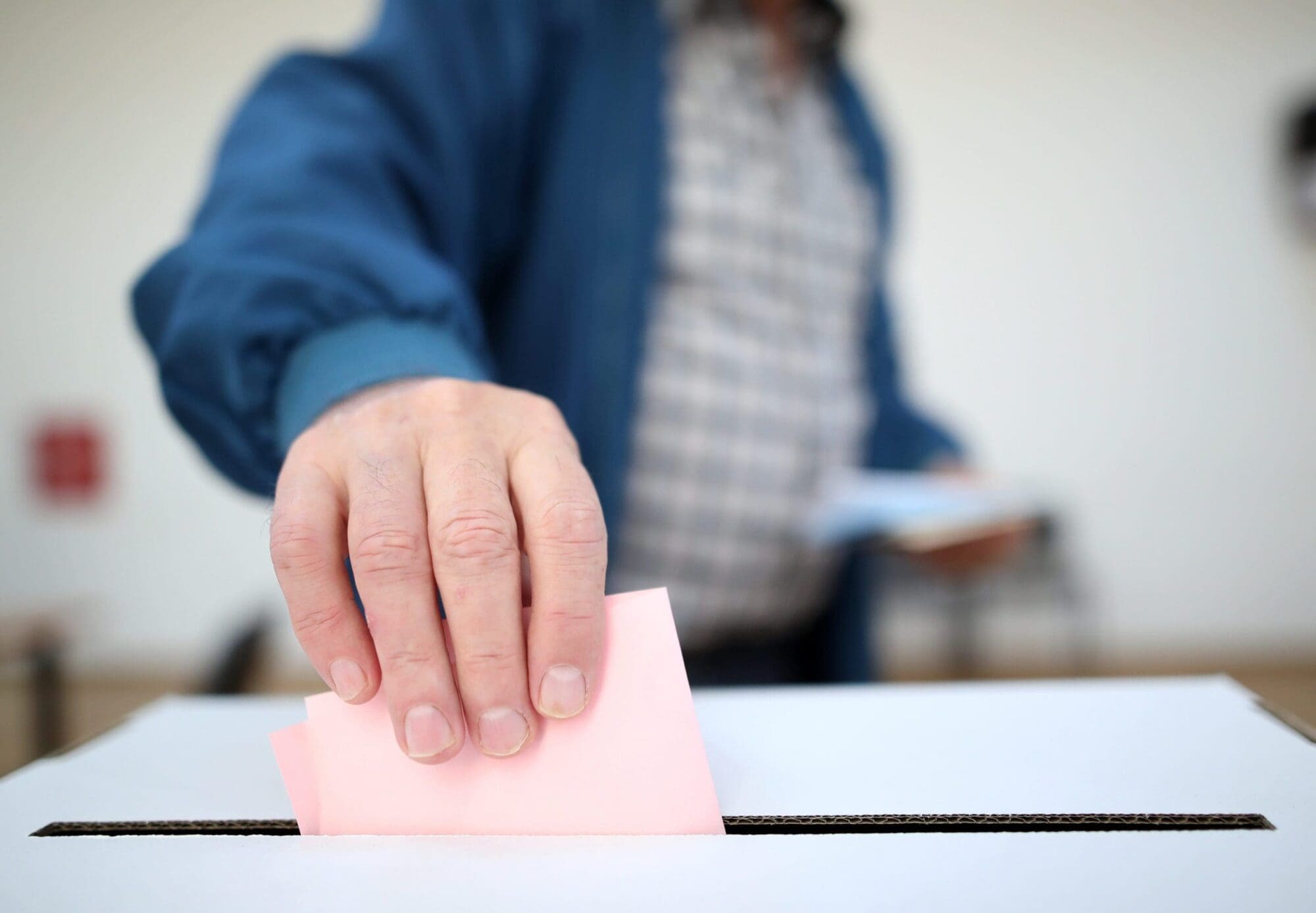In a public hearing on a resolution to secure Texas votes, the state’s top election official confirmed to lawmakers that electronic ballots cast in Texas never leave the United States, contradicting claims that votes are being counted—and changed—overseas.
During Thursday’s House Elections Committee hearing, Texas Secretary of State Elections Division Director Keith Ingram testified that reporting of vote totals “goes worldwide” but the actual votes are processed and stored locally, with no connections to the internet.
Ingram’s testimony came in response to House Resolution 237, authored by State Rep. Glenn Rogers (R–Graford).
The resolution, which has no legal force, would “express support for processing and storing data relating to local, state, and national elections, including electronic and paper ballots and all records relating to voting machines, within the United States.”
“In past few election cycles, there has been substantial concern with the security of our elections and where voter data is processed and stored,” Rogers told committee members Thursday.
State Rep. Briscoe Cain (R–Deer Park), who chairs the Elections Committee, questioned Ingram about Rogers’ resolution.
“The data that’s specifically mentioned in the resolution—everything regarding processing votes, storing ballots—all of that stays with the general custodian of records for that election for the 22-month period,” Ingram said.
Cain: You’re saying that electronic ballots never leave the United States.
Ingram: That is correct.
Cain: They’re never into a cloud that can go somewhere else?
Ingram: They never leave the county. They are air-gapped. The report of those votes goes out to the world.
Cain: What leaves the air gap?
Ingram: The reporting of the results. The results of any election are reported. So, you take the report from the central processing computer that’s air-gapped. And then you take it to another computer that’s connected and either manually enter the data or put a thumb drive into the connected computer and report the vote results to the world.
The actual votes are in the central count room disconnected from anything. They stay with the custodian of records throughout the retention period. They never leave the county or the city—whoever the custodian of records for that election is.
“The reporting goes worldwide, but the actual votes—the processing, everything that happens locally—stays local,” Ingram concluded.
Ingram’s testimony directly contradicts claims of overseas vote manipulation made following the 2020 presidential election by Texans including former congressional candidate Russ Ramsland.
Ramsland, who now manages a cybersecurity company, has been saying since 2018 that ES&S and other electronic voting systems used in Dallas County and elsewhere are not secure, making U.S. elections vulnerable to manipulation and foreign interference. More recently, he submitted affidavits (some with factual errors) in court cases challenging 2020 election results, alleging a “significant probability” election results were manipulated using “intentionally” unsecured Dominion voting systems.
Speaking to a North Texas Republican group earlier this week, Ramsland said election fraud is going on inside the machines and votes are being sent to a database overseas and manipulated.
“People don’t want to think about our votes being held in a foreign server, but they are,” he said. “They’re in Frankfurt, Germany.”
Ramsland then conflated actual votes with reports of vote results.
He said the server in Germany was owned by Clarity Election Night Reporting, “the election reporting group for 28 states,” and showed video of a cable news graphic of reported vote totals in a 2019 Kentucky election.
“What you are witnessing is vote-switching in real time, electronically in the computer,” he said as the image on the screen changed.
Collin County Elections Administrator Bruce Sherbet, who spoke at the same event as Ramsland, said the county’s new ES&S ExpressVote voting system—purchased in 2019 and used by dozens of counties throughout Texas—is secure. He also confirmed vote processing is conducted locally on equipment that does not connect to the internet.
“No voting system components use wi-fi connectivity or have remote access capability,” according to Sherbet’s presentation:
All components of the voting system are standalone. There’s no internet connection going into any piece of voting equipment, at the polling place, or even in the counting station where we accumulate those results from the polling places. No connections whatsoever.
“We don’t have a problem in Texas,” Rogers concluded Thursday. “But we don’t know that about other states. HR 237 will allow us as Texas leaders to support election integrity and allow the people of Texas to have peace of mind.”
Cain agreed with the intent of Rogers’ resolution, calling it “a laudable goal.”
“We need to restore the faith in people that our elections are secure,” Cain said.
Election integrity is a top legislative priority of the Texas GOP and the only one also declared an emergency item by Republican Gov. Greg Abbott. Earlier this week, Abbott publicly endorsed “robust” election reform legislation.
Dozens of bills to improve election security and voter confidence have been introduced this session, and many are already moving through the Republican-controlled House and Senate.
Several bills would require all voting systems used in Texas to have auditable paper trails as a backup to verify electronic votes. Both the ES&S ExpressVote and Hart Verity hybrid systems certified by the state already meet that standard.
Resources to help citizens participate in the legislative process are available at Texas Legislature Online. Texans can find contact information for their elected officials at Texas Directory.





